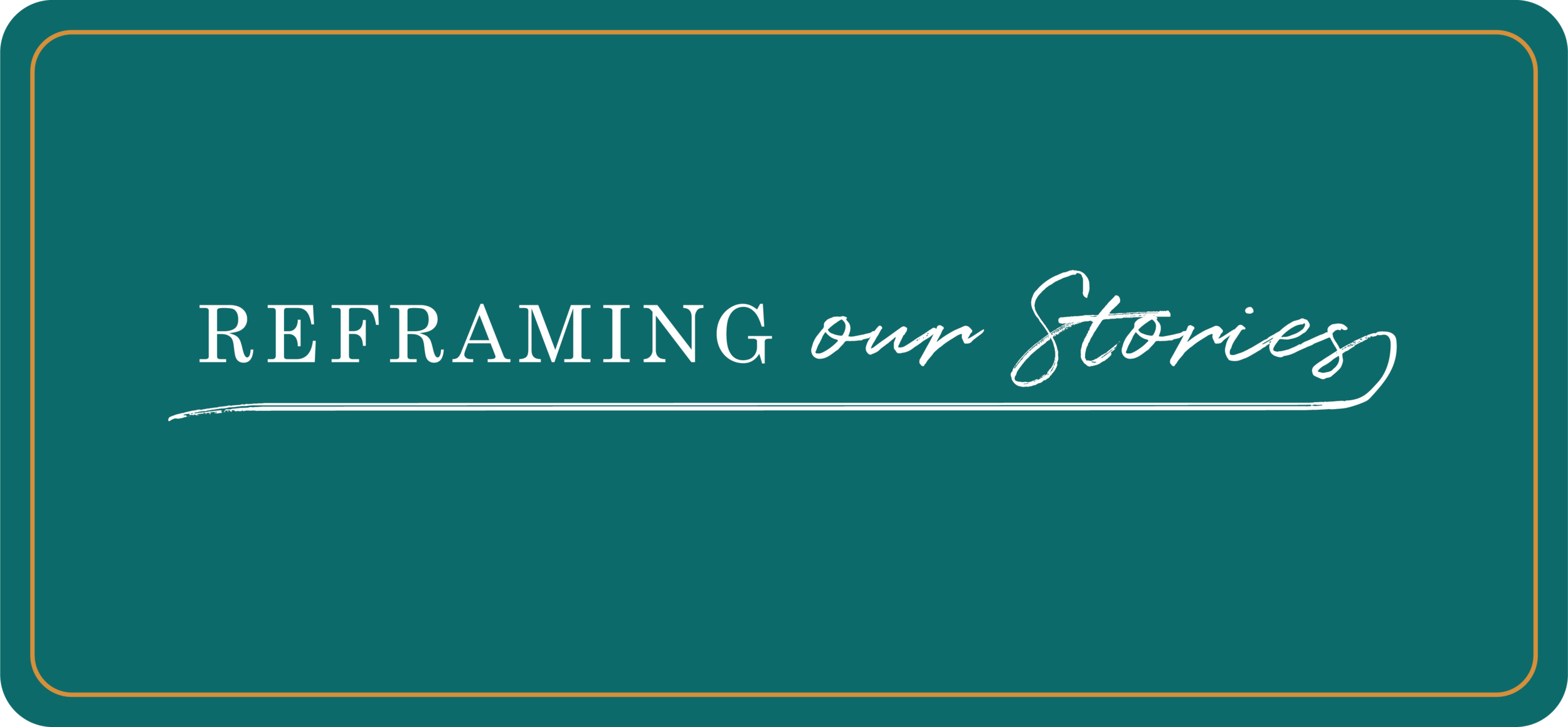December
I am writing this in light of another mass shooting in our country. I have been drawn to the field of sexual education in large part because of the profound way our understanding of our own sexuality shapes most of our lives. You may think that what I am about to propose is crazy: I believe that if we as a human race started communicating, learning and understanding more about sex and our sexual nature there would be less violence. Hear me out.
Often when we are not truly heard; when we don’t feel valued; when we are criticized, misunderstood, forgotten, or shamed…we become angry. And if that anger resides within us and remains trapped for a long time, it can turn into rage. People filled with rage run the risk of lashing out. But what that anger and rage really is, is sadness.
How often in our lives have we had an experience involving our sexuality in which we experienced shame, or hurt, or confusion? And what if there was no one available with whom we could talk through that experience? Wouldn’t we feel lost... less than? Wouldn’t we be likely to hide and pack our feelings away in our bodies... and try to forget them, or pretend these feelings aren’t real or valid? When we do this those feelings become trapped in our midbrains. Down the road we might experience something as simple as a smell that could trigger that memory or emotion and we act out in whatever way we have learned to cope. Whether it is fight or flight, we respond and it usually is negative.
Through no fault of our own we might have had some unfortunate experiences as a child. Sometimes those experiences as children can shape us and help form a portion of our erotic template. Often we can turn our trauma into erotic fantasy. So what does this mean? Why am I writing this in light of shootings?
Many of us have gone lifetimes without unpacking our sexual stories or understanding them. What if someone who acted out in violence one day was holding onto the fact that they had a strange attraction only to teenage girls? Given the reality that this is socially unacceptable, this becomes a source of shame and stress. However, what if that person was able to acknowledge that they had been abused by their 17 year old babysitter? Now, that erotic template starts to make sense. If that person was able to talk about this experience with someone they trusted, they could begin to understand what they are feeling and be able to work through those feelings. Or what if a woman could never orgasm? She might feel inadequate, causing her to be bitter and feeling shame. Again, what if she was able to explore safely all the ways she felt out of control in her own childhood. Perhaps, because her parents were unreliable, she had to be the responsible one for her and her siblings. Letting go for her would feel scary. Through education she could process this information including that 1 in 10 women don’t orgasm or that only 30% of women orgasm through intercourse alone.
Our experiences need not to be as severe as those described in the last two examples for our lives to feel a lasting impact. Maybe one day you were teased about your body in a locker room, or were told you were a bad kisser, or didn’t know what a sexual term meant and everyone laughed at you. All of these things affect how we enter into relationships. But if we don’t engage them, then how would we know?
We see sexual images and experience feelings every day that are difficult to process. If we are too uncomfortable to talk about these things: if they make us feel too vulnerable, or grotesque; if we feel the subject of sexuality is private, or unbiblical, then we run the risk of missing out on significant relationships, important healing, and transformation. When we are able to talk with one another; when safe space is created for education; and when we give each other permission to be vulnerable as we process our stories, we can save lives. We are living into the potential God had/has for each person. Hurt and silence is paralyzing. They morph into deep wounds where anger grows and violence can be created. Right now, I believe that God is telling us to listen. “Sit children, sit, and hear the stories of your heart. Hear the tears flowing from your soul. Hear me crying out, you are loved, every last bit of you. Use the intellect I gave you to learn about your life and the journey you are taking. And use your heart to care for those alongside of you.”
Jesus experienced great pain and cried out in hurt, anger, fear, and frustration. He didn’t hide, he didn’t run away…and he was transformed. We too can learn, cry out, and live through our pain. Then transformation is made possible.
